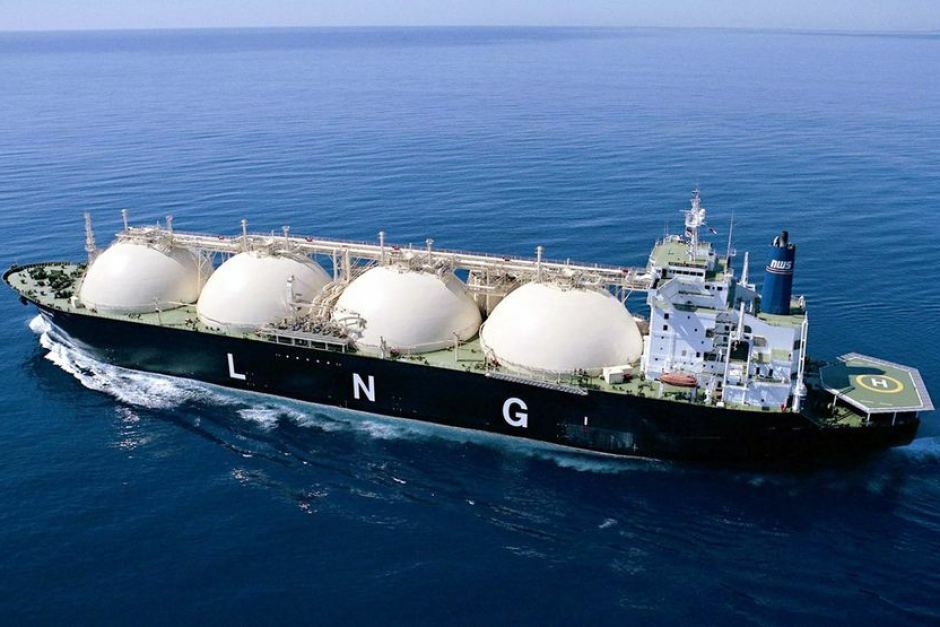
China staged a quiet coup in the LNG market
By Sergey Manukov
Liquefied natural gas (LNG) importers are becoming more active on the London and Singapore exchanges. Moreover, not only as buyers, but also as sellers. Moreover, they sell excess gas so vigorously that they gradually begin to compete with traders from Shell, BP, Equinor and TotalEnergies. Thanks to such importers, the market volume last year, according to the International Energy Agency (IEA), doubled and reached $450 billion.
Traders of about a dozen Chinese import companies are now active in LNG trading. The last to announce their intentions to list on the stock exchange in London were the private company ENN Natural Gas and the state-owned China National Offshore Oil Corp (CNOOC). In Singapore, energy company China Gas Holdings will start selling LNG any day now. She hired the first two traders for the Singapore office she recently opened.
Chinese importers are also increasing gas purchases. At the end of 2022, they increased the number of long-term contracts with Qatari and American gas companies by almost 50% and brought the total volume of contracts to 40 million tons of liquefied gas per year. At the same time, they plan not only to increase the volume of deliveries, but also want to expand the list of suppliers. According to Reuters, Chinese importers are negotiating with companies from Oman, Canada and Mozambique.
“We will see Chinese companies move from pure importers to true international players who also sell gas themselves,” says Trident LNG's Toby Kopson.
According to Kopson, well-known Chinese oil and gas companies such as PetroChina, Sinopec, Sinochem Group and CNOOC are now actively trading in liquefied gas.
For example, PetroChina International (PCI), the trading arm of PetroChina, is China's largest gas exporter. Only in the Beijing branch, not counting the four overseas offices, there are almost a hundred traders. Last year they bought and sold approx. 30 million tons of LNG.
"Gas supply and energy security remain our primary focus," explains Zhang Yaoyu, head of PCI's LNG division. "Selling helps us better cope with price swings."
PCI, by the way, became the first Chinese company to enter the European market in May: it signed a 20-year contract with the Rotterdam LNG terminal.
It is expected that by 2026 the volume of long-term gas contracts of Chinese companies will exceed 100 million tons of LNG per year. This year, with such supplies, the surplus would amount to approximately 8 million tons, according to the consulting company Poten & Partners. Even if some analysts believe that even 100 million tons will not be enough for the Chinese, an increase in domestic production and an increase in pipeline gas supplies from Central Asia and Russia will create a surplus that importers can profitably sell.
“I believe that China will become a seasonal exporter (of gas) to Southeast Asia, South Korea and Japan, as well as to Europe,” says Jason Fear of Poten & Partners.
Rystad Energy believes that by 2030 LNG supplies from America under long-term contracts will satisfy a quarter of China's gas needs. By the way, American exporters do not prohibit reselling American gas. But in Qatar, which, according to forecasts, will become the main supplier of gas to China by 2026, they prefer to sign traditional contracts prohibiting the resale of Qatari LNG.
This article originally appeared in Russian at expert.ru
